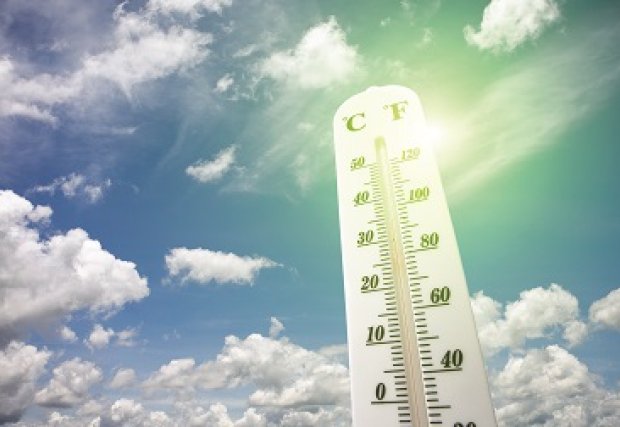On average there are 37 vehicular heat stroke deaths each year when a child overheats inside of a vehicle. Vincent Scoccia, DO, ER medical director at Fort Duncan Regional Medical Center, shares important information about this serious issue to help parents and the community prevent these tragic accidents from happening.
What is vehicular heat stroke?
A baby or child left in a car, even if the windows are cracked, may be at risk for vehicular heat stroke, which can happen when their body temperature rises too high. If the body temperature of a baby or child reaches 104 degrees Fahrenheit, their internal organs could begin to shut down, which can lead to serious health complications or death.
How does it happen?
Vehicles get extremely hot extremely fast. On a hot day, the temperature inside a vehicle, with windows cracked, can get up to 125 degrees in just 20 minutes with a 75 percent increase in temperature happening in the first 5 minutes in full sun*. To compound this, children’s bodies overheat three to five times faster than adults, and children have suffered heat stroke in temperatures as low as 60 degrees**.
No matter how responsible you may be, it is possible to forget a child in the car. The majority of vehicular heat stroke deaths occur when parents or caregivers unknowingly leave children locked in a vehicle**.
Young children can climb into an unlocked car and get locked inside by accident.
How can you prevent it?
Don’t ever leave a child unattended in your vehicle, and ensure that any caregivers who you are entrusting with your child do the same.
Keep your vehicle locked at all times when it is parked to prevent children from getting inside while no one is around, and keep car keys and remotes out of children’s reach.
Make it a habit to check the backseat before you lock and leave your car, especially during a busy or difficult time in your life when you may be more distracted than usual.
If you see a child unattended in a vehicle, or if your child has been in the vehicle in heat, call 9-1-1 right away for help.
Learn more about heat illness >
*Source: American Academy of Pediatrics
**Source: kidsandcars.org

